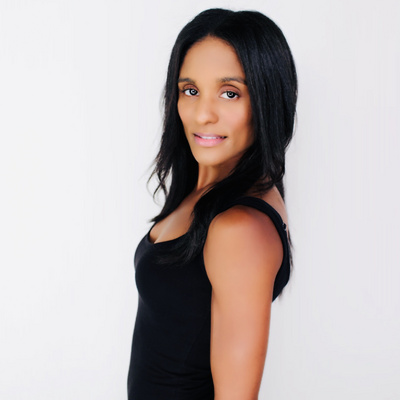Braeden Schilling Smith: Breaking Barriers in the Circus

On this special mentorship episode of the Circuspreneur Podcast, host Shenea Stiletto interviews Clown in training Braeden Schilling Smith, also known as Henri Hilarious. This episode is to encourage the up and coming Circus generations, through educational conversation and inspiring dialogue. For those that love the circus.
How did Braeden Schilling-Smith create his clown persona, Henri the Hilarious, and why is a stage name important in the circus arts?
Braeden, inspired by the French artist Henri de Toulouse-Lautrec, wanted to merge his love for classic art and circus. After brainstorming numerous ideas, he chose “Henri the Hilarious” to reflect an iconic, memorable character akin to famous stage personas like Lady Gaga. He emphasized that a stage name is crucial for branding and recognition in the circus industry. It helps performers stand out, connect with audiences, and establish a unique professional identity, especially in an industry where personality and presentation are vital.
What challenges does Braeden see in breaking into the circus industry, and how does he plan to overcome them?
Braeden described the circus industry as highly competitive and sometimes gatekept by nepotism and long-standing circus families. Unlike traditional careers, there are limited formal resources or step-by-step guides for aspiring performers. He’s faced hurdles like lack of access, a need for connections, and navigating the industry as a first-generation performer. To overcome these challenges, he’s seeking professional training through circus schools like NECCA (New England Center for Circus Arts) and networking actively with other professionals online. He views persistence, self-advocacy, and seeking mentorship as keys to success.
Why does Braeden want to attend circus school, and how does he view its role in his development as a clown?
For Braeden, circus school offers foundational training and a chance to master physical comedy while exploring new disciplines like tightrope walking and juggling. He sees it as a structured environment to refine his craft, connect with mentors, and broaden his skills. Circus school will help him become a well-rounded performer, allowing him to innovate his acts and achieve his long-term goal of becoming the first queer performer to win or participate in the prestigious Monte Carlo International Circus Festival.
What inspires Braeden to pursue clowning, and how does he see the art form evolving?
Braeden finds clowning deeply fulfilling because it allows him to make people laugh and spread joy. He described the euphoric, almost therapeutic effect of performing, especially when stepping into his clown persona. For him, clowning is an opportunity to escape personal stress and bring happiness to others. He also highlighted how clowning, like the broader circus arts, is evolving, moving away from traditional stereotypes to include more diverse, innovative performances. This adaptability keeps him passionate about the art form.
How has networking and community support shaped Braeden’s journey in the circus industry?
Braeden spoke highly of the welcoming nature of the circus community, noting that many professionals he’s reached out to have been willing to offer advice on everything from makeup to audition tips. He’s been inspired by the ethos of “paying it forward,” with experienced performers mentoring him as they wished someone had done for them. Braeden aspires to become that kind of mentor in the future, supporting aspiring artists with the same generosity and openness he’s experienced.
Key Takeaways from the Podcast
- Importance of Branding
A stage name is more than a label; it’s a critical element of a performer’s identity and marketability. - Challenges in the Industry
Breaking into the circus world requires resilience, networking, and overcoming systemic barriers like gatekeeping and nepotism. - Value of Education
Circus schools provide a platform for skill-building, mentorship, and professional development, essential for career longevity. - Clowning as an Art
Modern clowning is a dynamic, transformative practice that continues to evolve, offering a blend of tradition and innovation. - Community Collaboration
The circus industry thrives on mutual support and mentorship, creating opportunities for new performers to succeed.
Listen to this Episode on:
Editor's Note: At StageLync, an international platform for the performing arts, we celebrate the diversity of our writers' backgrounds. We recognize and support their choice to use either American or British English in their articles, respecting their individual preferences and origins. This policy allows us to embrace a wide range of linguistic expressions, enriching our content and reflecting the global nature of our community.
🎧 Join us on the StageLync Podcast for inspiring stories from the world of performing arts! Tune in to hear from the creative minds who bring magic to life, both onstage and behind the scenes. 🎙️ 👉 Listen now!
